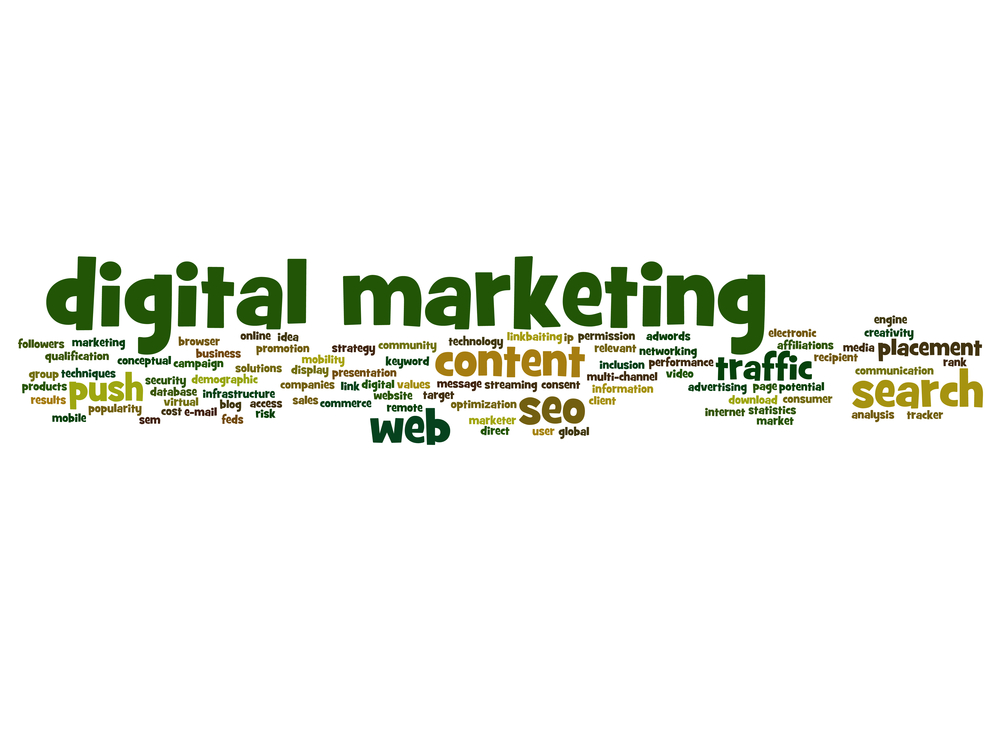In today’s rapidly evolving digital landscape, businesses must navigate an ever-expanding array of online channels and platforms to reach their target audiences effectively. This complexity has given rise to best white label digital marketing agency, which offer specialized services to help businesses thrive in the digital age. Understanding the Digital Marketing Agency Business Model is crucial for anyone looking to leverage these services or enter the industry themselves.
The Core Components of a Digital Marketing Agency Business Model
Client Acquisition and Relationship Management
At the heart of the Digital Marketing Agency Business Model Canvas is client acquisition and relationship management. Agencies must continuously attract new clients while maintaining and nurturing relationships with existing ones. This involves various strategies such as networking, referrals, online marketing, and demonstrating past successes through case studies and testimonials. Effective communication and regular updates ensure clients feel valued and informed, fostering long-term partnerships.
Service Offerings
A robust Digital Marketing Agency for construction companies includes a diverse range of service offerings tailored to meet clients’ needs. These services typically encompass:
Search Engine Optimization (SEO): Improving a website’s presence on search engines to drive organic traffic.
Pay-Per-Click (PPC) Advertising: Overseeing paid ad campaigns on platforms such as Google Ads and social media.
Content Marketing: Developing and sharing high-quality content marketing to attract and engage target audiences.
Social Media Marketing: Promoting brands and engaging with customers through social media marketing strategy.
Email Marketing: Crafting targeted email marketing campaigns to nurture leads and drive conversions.
Web Design and Development: Building and optimizing websites for usability and performance.
Analytics and Reporting: Providing insights and data analysis to measure campaign effectiveness and guide strategy.
Revenue Models
Revenue generation is a critical aspect of the AI Digital Marketing Agency. Agencies typically employ several revenue models, including:
Retainer-Based Model: Clients pay a fixed monthly fee for ongoing services, providing predictable revenue for the agency.
Project-Based Model: Clients pay for specific projects with defined scopes and timelines.
Performance-Based Model: Agencies earn revenue based on the success of their campaigns, such as a percentage of sales generated.
Hourly Billing: Charging clients based on the number of hours worked on their campaigns.
Talent and Resource Management
Successful AI digital marketing agencies rely on a skilled team of professionals. The Digital Marketing Agency Business Model emphasizes the importance of hiring and retaining top talent, including SEO specialists, content creators, PPC advertising, social media managers, and web developers. Continuous training and development are essential to keep the team updated on the latest industry trends and technologies. Additionally, agencies must efficiently manage resources to balance workload and maintain high service quality.
Challenges and Solutions
Staying Ahead of Industry Trends
The digital marketing landscape is constantly changing, with new technologies, algorithms, and consumer behaviors emerging regularly. This involves continuous learning, attending industry conferences, participating in webinars, and subscribing to leading marketing publications. Staying informed enables agencies to offer cutting-edge solutions to their clients.
Managing Client Expectations
Another challenge in the Digital Marketing Agency Business Model is managing client expectations. Clients often expect quick results, but digital marketing strategies typically require time to show significant outcomes. Agencies must set realistic expectations from the outset and provide transparent, regular reporting to keep clients informed about progress and results.
Balancing Customization and Scalability
Each client has unique needs, necessitating customized strategies. However, this can conflict with the need for scalable processes. Agencies must strike a balance by developing flexible yet standardized processes that can be tailored to individual client requirements without sacrificing efficiency.
The Future of Digital Marketing Agencies
As technology continues to evolve, the Digital Marketing Agency Business Model will also need to adapt. Emerging trends such as artificial intelligence, machine learning, and automation are set to transform how agencies operate. These technologies can enhance data analysis, improve personalization, and streamline workflows, allowing agencies to deliver more effective and efficient services.
Moreover, the increasing importance of data privacy and security will shape the way agencies collect and handle consumer information. Agencies must stay compliant with regulations like GDPR and CCPA, ensuring they protect client and consumer data while delivering impactful marketing strategies.
Conclusion
In conclusion, understanding the Digital Marketing Agency Business Model is essential for both clients and those within the industry. By comprehending the core components, challenges, and future trends, stakeholders can better navigate the digital marketing landscape and achieve sustainable success. Whether you are a business looking to hire an agency or an aspiring marketer aiming to enter the field, a solid grasp of this business model canvas for digital marketing agency will provide a competitive edge.


